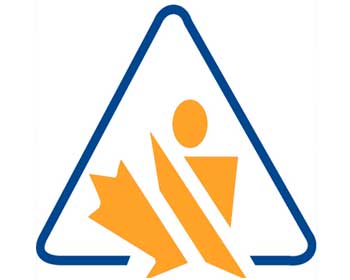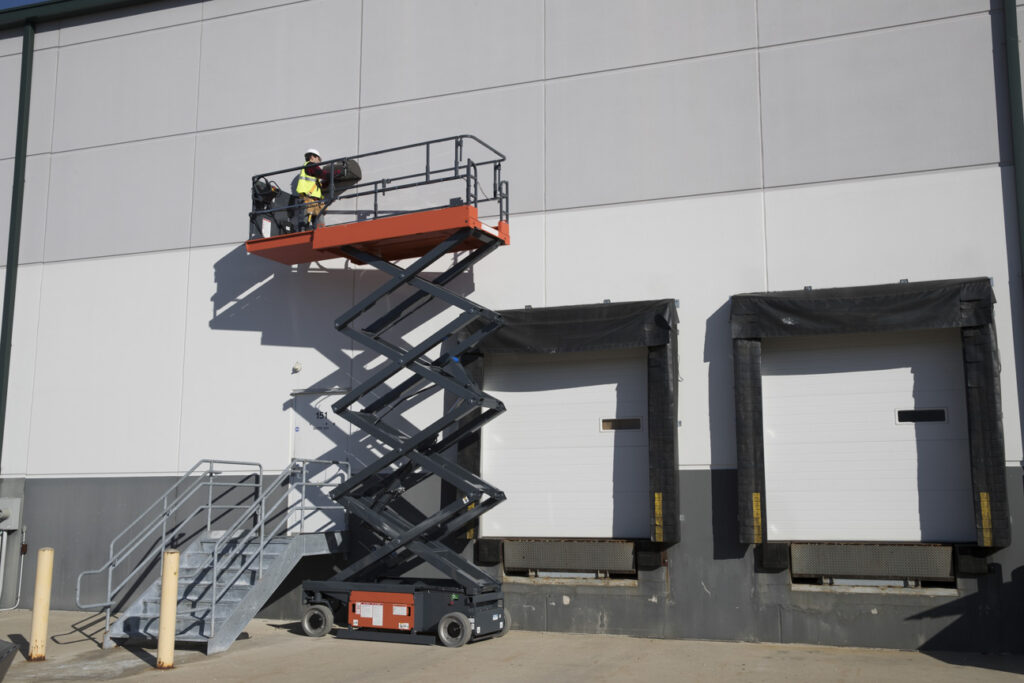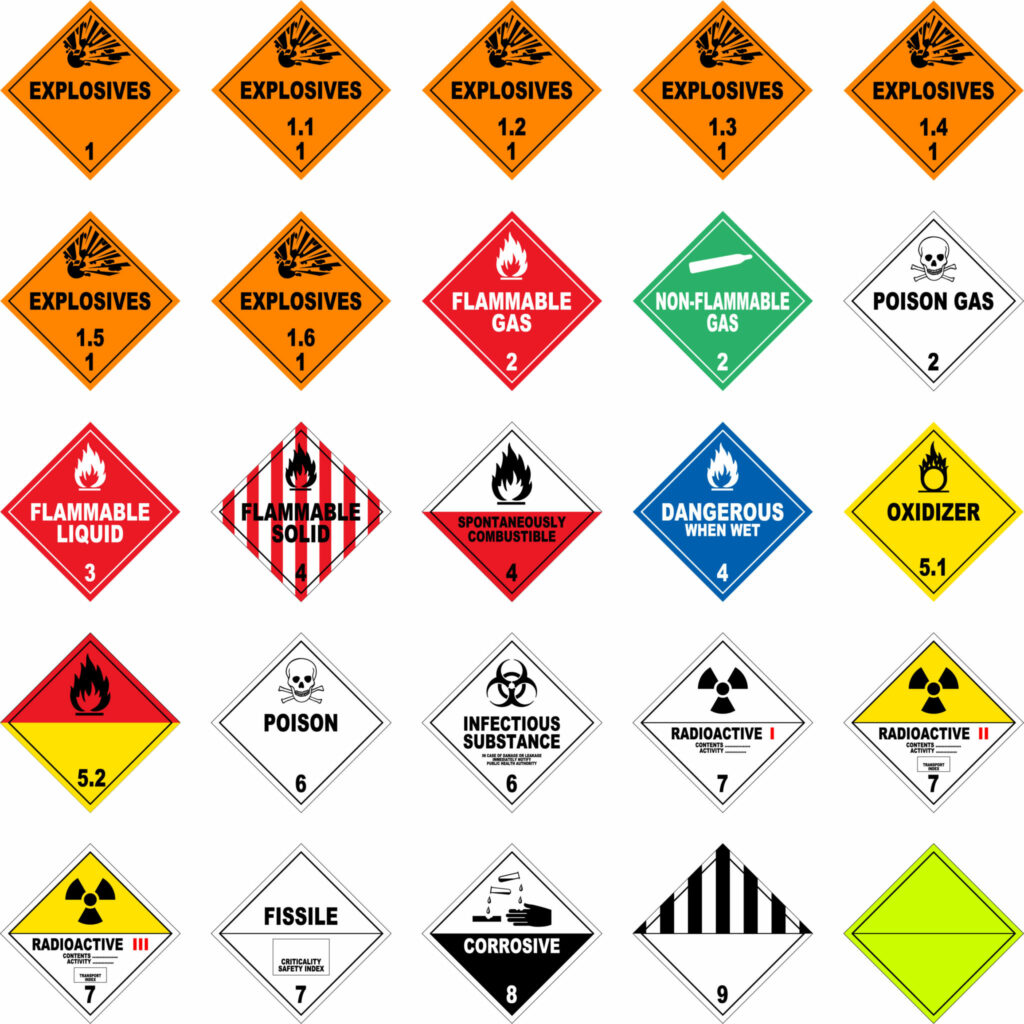Lift Safety Training & Certification in Nashville, ON
- Home
- Lift Safety Training

WHMIS (Workplace Hazardous Material Information System)
The course includes the following topics:
- The purpose of WHMIS legislation
- Responsibilities of the Supplier, Employer, Supervisor, and Worker
- Employee’s rights – Right to Know, Right to Participate and Right to Refuse Unsafe Work
- Cautionary labeling
- Material Safety Data Sheets – how to read them, how to handle materials safely, what precautionary methods to use, what are the health hazards associated with a particular material, emergency management, first aid measures.


Fall Protection
Falls from height are the leading cause of accidental death and injury on the job in Ontario. Ladders, roofs, and scaffolds represent essential fall hazards, particularly in the construction industry. CFTC Fall Protection Course is designed to give workers the means and knowledge to prevent and protect themselves from falls from height and reduce fall-related injuries. Participants will be trained in the selection and use of proper protection procedures and gear, inspection, and maintenance of protective equipment.
The Occupational Health and Safety Act (OHSA), Reg. 851, section 85 states that; “Where a worker is exposed to the hazard of falling and the surface to which he or she might fall is more than three meters below the position where he or she is situated.
- The worker shall wear a serviceable safety belt or harness and lifeline adequately secured to a fixed support and so arranged that the worker cannot fall freely for a vertical distance of more than 1.5 meters; and
- The fall arresting system described in clause (a) shall,
- Have sufficient capacity to absorb twice the energy and twice the load that under the circumstances of its use may be transmitted to it, and
- Be equipped with a shock absorber or other devices to limit the maximum arresting force to 8.0 kilonewtons to the wearer.


TDG (Transportation of Dangerous Goods)
The course includes the following topics:
- Purpose and basics of TDG legislation
- Classification and labeling of dangerous goods, hazards associated with them
- Appropriate means of containment
- Proper use of equipment used in the handling and transportation of dangerous goods and more.
